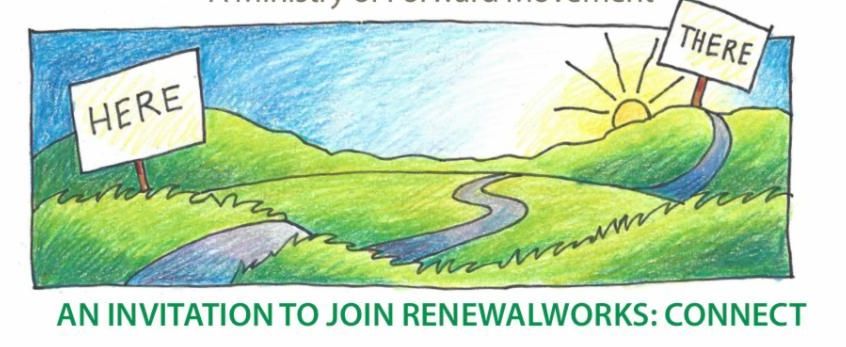
|
Deep peace of the running wave to you.
Deep peace of the flowing air to you.
Deep peace of the quiet earth to you.
Deep peace of the shining stars to you.
Deep peace of the Son of peace to you.
-Iona Community
|
Peace
I watched too much news last week, specifically video of the attack on the Capitol. It played over and over. I watched over and over. Too many times, I confess. I came to a place where I thought to myself: We need peace. Maybe you feel that way, too. Not just because of the insurrection, but because the pandemic, related economic struggles, partisan and racial divisions around the nation and around the dinner table all conspire to rob us of peace. So what do we know about peace?
What I was hungry for was more than just the absence of conflict, as important as that may be right now. We need more than truce or stand-off. We need to do more than just move on.
I started thinking about the Hebrew word for peace, shalom (שׁלום). I’m told it’s derived from a root denoting wholeness or completeness. It’s not limited to the political or social domain. It’s more than the absence of war and enmity, the absence of quarrel and strife. It’s been described as a moral value, a cosmic principle, a divine attribute. It’s about healing. Three things occurred to me about the healing process. See what you think of them.
First, it is work for each of us. When Jesus said: “Blessed are the peacemakers,” in the Sermon on the Mount, he described it as something we are called to do, as part of the Jesus movement, as part of the kingdom come. Desmond Tutu, who knew something about the need for peace, wholeness, completeness, said: “If you want peace, you don’t talk to your friends. You talk to your enemies.” So let me ask on this Monday morning, what work of peacemaking lies before you? How might that work suggest not only an absence of conflict, but also a move toward wholeness suggested in the meaning of shalom? And let me ask, since we begin a week that includes Ash Wednesday, how have we each stood in the way of peace? How have we participated in unholy disruption, in thought, word or deed? How can we turn from that (i.e., repent)?
Second, with Desmond Tutu’s comment in mind, we admit that it can be hard work. On a Sunday recently, a clergy colleague preached a fine sermon in which he referenced the Epiphany hymn about the call of the disciples, a hymn with text by William Alexander Percy. The first stanzas describe the cost of discipleship, the challenges facing the first disciples. The final stanza describes the hard work of peacemaking. It goes like this: “The peace of God, it is no peace, but strife closed in the sod. Yet let us pray for but one thing the marvelous peace of God.” Have you ever had to exchange the peace on a Sunday with someone who drives you nuts, or someone who has hurt you? At times, it seems to me to be highly inconvenient and even annoying that the peace is embedded in the liturgy. You can’t move forward without it. I don’t always want to do that work, thank you very much. But we’re not given the option of only exchanging the peace with our best buddies. So let me ask on this Monday morning, where is peacemaking hardest for you? In your family? In your church? In your workplace? In your role as national or global citizen?
Finally, on some level, it’s God’s work in which we participate. Among the many fruits of the Spirit listed in Paul’s letter to the Galatians (3:23ff) he includes peace. When I do my best to console a family who has suffered great loss, I pray that they will be granted the peace that passes understanding. So we join with St. Francis asking to be made an instrument of God’s peace. Not our own, but God’s. We say “The peace of the Lord be with you.” Not our own, but God’s. And we pray for that one thing, the marvelous peace of God. So let me ask on this Monday morning, and as Lent begins, how will you invite God’s grace and power into your peacemaking “work?”
If it all feels overwhelming, or out of reach, if the news of the day makes peace seem unimaginable, take to heart what Jesus said to his best friends on the night before he was tortured and executed. On a night when peace might be hard to come by, he said: “Peace I leave with you; my peace I give to you. I do not give to you as the world gives. Do not let your hearts be troubled, and do not let them be afraid.”
